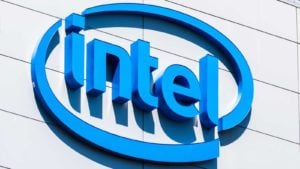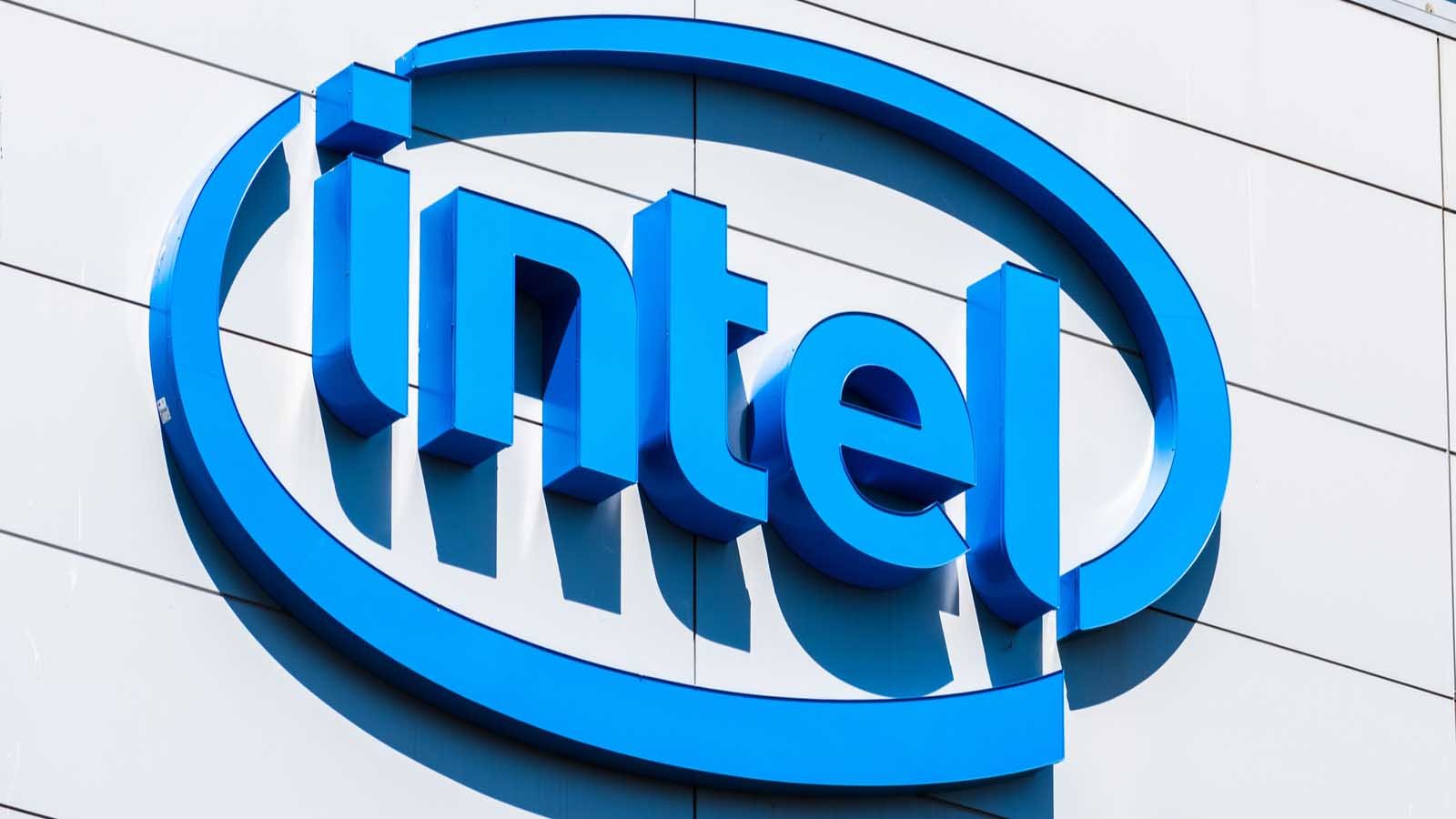Intel (NASDAQ:INTC) CEO Pat Gelsinger is using “tech sovereignty” to fuel the stock’s comeback, with hefty government aid. INTC stock has some big changes on the horizon.

Intel’s decision to put its new $20 billion chip plant outside Columbus, Ohio was fueled by over $2 billion in state government “incentives.” This also brought Ohio Republicans on-side for passage of the “CHIPS For America Act,” which would bring billions more in government aid.
The chipmaker had $28 billion in cash and short-term securities on its books at the end of 2021. But Gelsinger is pushing governments in both North America and Europe to help secure a steady flow of chips outside China’s influence.
This is a pretty big change of pace for this until recently floundering chipmaking giant.
Intel’s Fall
Intel’s fall was fueled by two decades of neglect. It missed the turn to mobile, emphasized marketing over production, and let former CEO Brian Krzanich push out talented executives like Gelsinger, who spent a decade running VMWare (NYSE:VMW) instead.
By the time Gelsinger returned as CEO a year ago, the company had been passed in chip design by Advanced Micro Devices (NASDAQ:AMD), in advanced applications by Nvidia (NASDAQ:NVDA) and in fabrication by Taiwan Semiconductor (NYSE:TSM).
TSMC pioneered the Extreme UltraViolet (EUV) technology needed to bring circuit lines within a few nanometers of each other. Intel now has just one-third the market cap of Nvidia or Taiwan Semiconductor. It’s also less than one-half as valuable as Samsung Electronics (OTCMKTS:SSNLF), which is now a bigger chipmaker.
Intel stock has evolved into a winning play only for conservative, income-focused investors. The yield on the 36.5 cent/share dividend is now almost 3%, and its price to earnings multiple is just 10. It’s literally as cheap as chips.
Before Gelsinger returned, many analysts, including me, were suggesting Intel should sell its foundry and concentrate on design. Hardware has become software, we argued. Moore’s Second Law, which holds that manufacturing costs increase with chip complexity, was keeping profits at bay. Moore’s Third Law, the idea that chip complexity accelerates change, was making it ever-harder for the company to catch up.
Gelsinger’s Grand Design
Gelsinger’s plan is to focus on a dramatic increase in chip production and rebuild the foundry business. If Intel’s production is competitive, he reasons, the best chip designers will give it production contracts. The company’s research budget was over $15 billion in 2021 and should rise further this year.
Gelsinger is placing a $100 billion bet, too big for Intel to execute alone. That’s why he has been seeking help from western governments. They’re concerned not just about the current chip shortage, but fear China might invade Taiwan and wreck the market entirely.
This means foregoing short-term profits in favor of long-term goals.
Intel’s net income for 2021 was 21% lower than in 2020. Its revenue was up just 4%. Analysts have downgraded the stock, which is down 14% just since Jan. 11. Five of the 20 still covering Intel at Tipranks rate it a sell. The average price target is just $55/share.
The Bottom Line on INTC Stock
Intel is selling America, which can work if it can maintain the dividend and keep income investors in the stock.
INTC stock is unlikely to make a big splash in 2022. For now, it’s an income stock, the best in technology. But if you can afford to wait, and I can, then Intel is preparing big improvements for America’s competitive position, for the global economy, and in its general competitiveness.
Intel is finally an entrepreneurial company again, for the first time since Andy Grove retired in 1998. Win or lose, Gelsinger is determined Intel will go down fighting. Even if you don’t like INTC stock, you must root for him.
On the date of publication, Dana Blankenhorn held long positions in TSM, NVDA and INTC. The opinions expressed in this article are those of the writer, subject to the InvestorPlace.com Publishing Guidelines.
Dana Blankenhorn has been a financial and technology journalist since 1978. He is the author of Technology’s Big Bang: Yesterday, Today and Tomorrow with Moore’s Law, available at the Amazon Kindle store. Write him at [email protected], tweet him at @danablankenhorn, or subscribe to his Substack.
